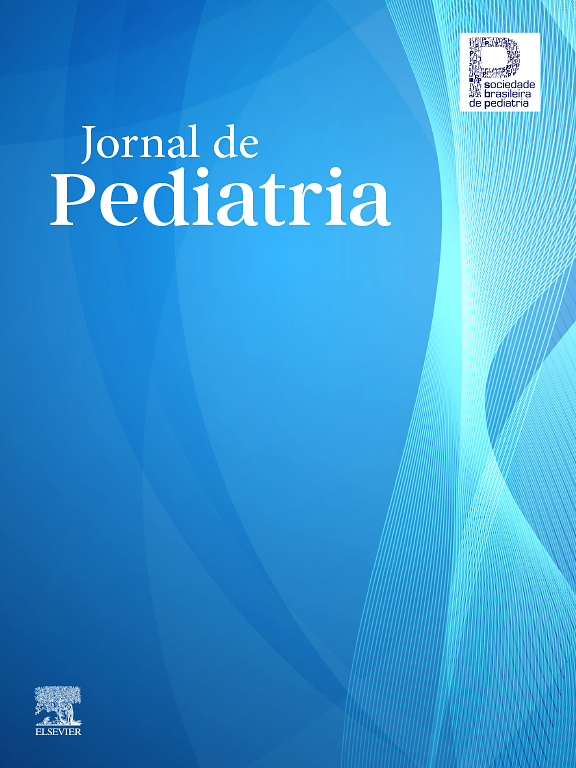While acknowledging that the global health implications have been and continue to be devastating, the COVID-19 pandemic has also provided a “natural experiment” that represents an unprecedented opportunity to investigate the impact of alterations in a myriad of lifestyle factors on quality of life and well-being. In particular, “lock-down”, “stay-at-home”, “quarantine” and other restrictive measures aimed at containing disease spread have had a profound negative impact on daily life around the world, ranging from the inability for many adults to go to work for prolonged periods of time with resultant economic repercussions for families, to the consequences of social isolation and loss of normal schedules and activities. Heightened anxiety specifically related to COVID factors such as concerns regarding the threat of illness in oneself and family members, perceived impact of the pandemic on population health, and one's assessment of the duration of the pandemic and likely efficacy and availability of containment strategies such as vaccinations also may significantly affect the likelihood of adverse outcomes, especially as relates to mental health.1 Furthermore, It is possible that these pandemic-related issues may have an equally if not more significant negative impact on children and adolescents.2-4 From a developmental standpoint, the absence of in-person academic environments, especially if compounded by lack of access to the internet and other tools for remote learning, and the curtailment of opportunities for peer and other social interactions among other factors have been postulated to result in reduced academic achievement and mental health consequences such as depression.
An important emerging outcome variable related to the pandemic, particularly during periods of lock-down, is the impact on sleep, including sleep duration, timing, quality and the emergence of insomnia symptoms. The bi-directional relationship between these sleep parameters and key physical and mental health outcomes, including physical activity levels, obesity, immune response and depression/suicidal ideation, likely compounded by factors mentioned above such as social isolation, creates the potential for a “perfect storm” of negative consequences related to the pandemic. On the other hand, there may be specific “protective” or mitigating factors during the pandemic impacting on sleep, such as flexible sleep schedules, reduced commuting time and decreased alternative demands, reduced school and work-related stress, and enhanced family relations and cohesiveness.5 Thus, the opportunity to specifically examine the complex relationships and impact of these different, sometimes competing, variables on sleep, particularly within families, may give us a more nuanced view of the repercussions of the pandemic. This will also potentially allow us to extract some positive lessons learned, not only for future policy decision-making, but also to develop recommendations for families on coping with similar global challenges in the future.6
The authors of the article in this issue of Jornal de Pediatria, “Sleep quality among parents and their children during COVID-19 pandemic”,7 have addressed a number of these key questions in order to better understand both factors unique to a specific group of parent-child dyads in South America and those that may be more universally applicable. Using an online survey with a set of validated questionnaires, they assessed the prevalence and types of sleep problems in infants/young children, school-aged children and adolescents and their caregivers early on in the initial quarantine period (7 weeks). There was a high prevalence of poor sleep quality across all groups, with the highest prevalence rate (increased sleep onset latency or poor sleep efficiency) in adults (∼70%), but also substantial numbers in adolescents (∼56%) and somewhat surprisingly, in infants (58%). The study also found that having a child with a sleep disturbance was a significant predictor of poor caregiver sleep quality, after controlling for a number of other variables. While intuitively this finding makes sense, it also reinforces the salience of examining caregiver and child sleep simultaneously. The addition of a qualitative piece in the study design also allowed for some assessment of contributing factors; for adult caregivers, anxiety was most often cited as a driver of poor sleep quality, while changes in routine was most often perceived as contributing to children's sleep issues.
We are still in the beginning stages of our understanding of the myriad consequences of the COVID-19 pandemic and the attendant profound changes in the lives of children and families. While most of the published literature, specifically with regards to sleep impact, is focused on the very early stages of lock-down conditions, future studies should focus on the impact of chronic exposure to pandemic conditions, cumulative risk models for risk and protective factors for adverse outcomes, and the impact on sleep in special more vulnerable pediatric populations (e.g., children with attention deficit hyperactivity disorder, learning disabilities and global developmental delay, autism spectrum disorder, anxiety disorders, depression and chronic medical conditions). With these data, we can begin to translate the evidence to new perspectives for a post-pandemic world.










